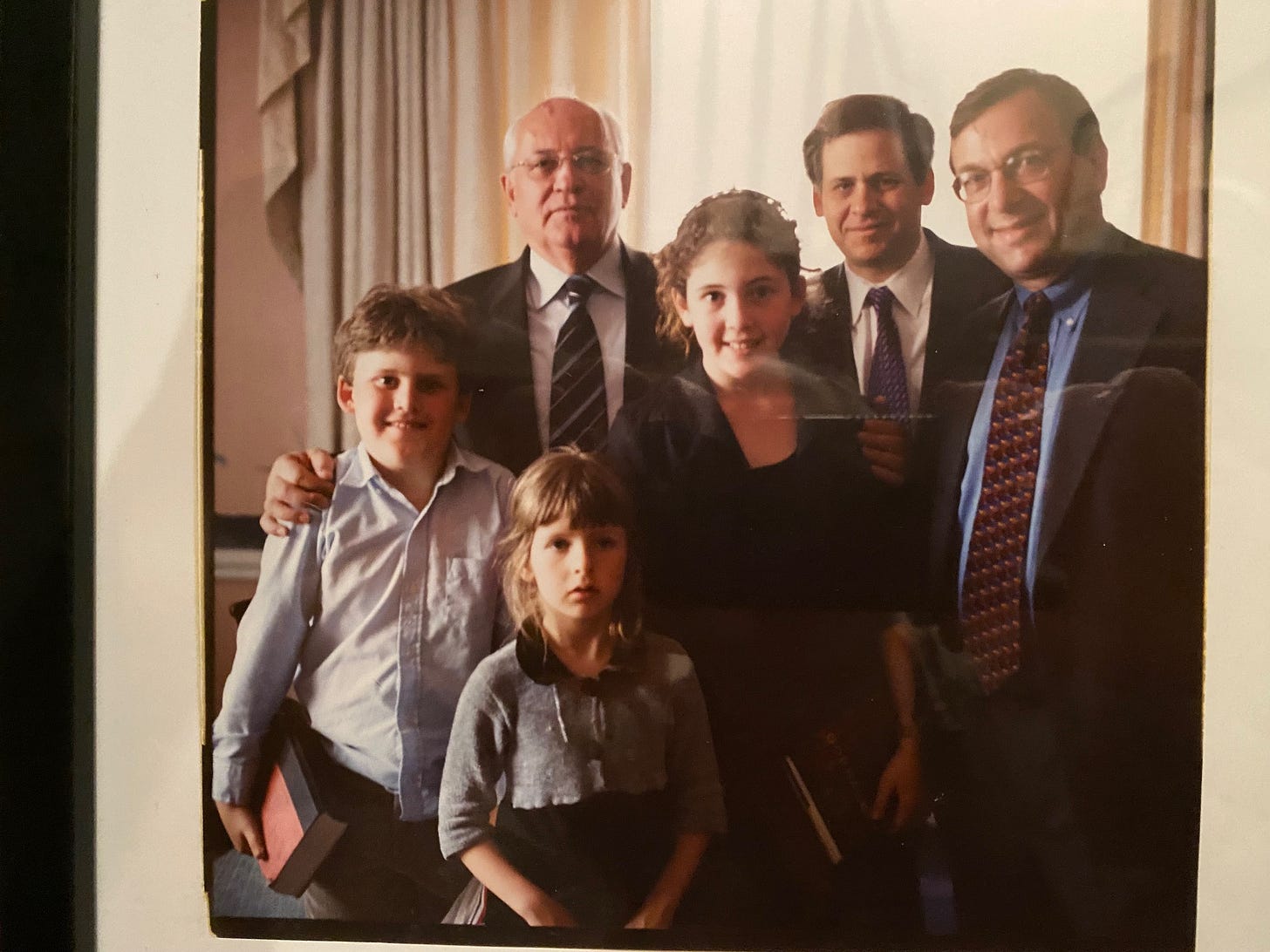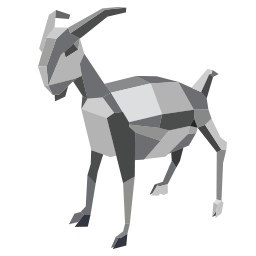Unstuck in Time
The Ukraine War is disorienting and the enthusiasm for sanctions will likely fade

In Kurt Vonnegut’s SlaughterHouse-Five, the combat aviator protagonist, Billy Pilgrim, comes “unstuck in time,” bouncing from 1955 back to 1944, then forward to 1963 and back again. He can’t find his footing in the cosmos.
The Ukraine War has left us all a bit unstuck, unsure of how the whole thing will cohere or crumble in the eyes of history.
This is an understandable confusion. For thousands of years, empires have almost always gone down fighting; collapse has often been as violent as consolidation or expansion.
In that sense, Vladimir Putin’s invasion is a reversion to the mean. It was the collapse of the Soviet empire in 1991 without a shot being fired that now looks like an aberration.
I once got a firsthand taste of how personal character drove that anomalous history. In 2001, Mikhail Gorbachev came to New York on behalf of his environmental group, Green Cross International, and I was offered a chance to interview him. I asked him why he hadn’t used the huge Red Army to prevent or at least delay the collapse of the Soviet Union. “In the name of what?” Gorbachev asked me. “In the name of ruthlessness,” I replied awkwardly.
“Ruthlessness in the name of what?” Gorbachev said, arguing that crushing restless Soviet republics militarily would do nothing for the Russian people. Referring to himself in the third person, he added: “After all, none of that has anything to do with people who are committed to freedom, democracy and humanism. The main thing is that in the top office of one of the superpowers there was a person, Gorbachev, who was committed to these values. Before me, the people who gained power one way or another wanted just one thing—to consolidate that power.”

Even as he neglected to acknowledge his political mistakes, acting on these principles made Gorbachev one of the great men of the 20th Century. It was he—not Ronald Reagan or anyone else—who was responsible for what Putin called "the greatest geopolitical disaster of the 20th century.” The chaotic but peaceful transition Gorbachev allowed has basically lasted for 30 years, notwithstanding Putin’s interventions in Georgia, Chechnya and the Crimea.
So now what? Is this the prelude to something worse, like the Nazi invasion of Poland on September 1, 1939, which led to an eight-month “Phony War” before the fall of the low countries and France in the spring of 1940? The poor performance of the Russian army so far does not suggest Putin is positioned to gobble up even the most vulnerable non-NATO countries. But could we nonetheless be seeing the start of a frightening new Cold War that can quickly turn hot—a world of recurring flash points where we go “eyeball to eyeball” with our nuclear-armed enemies, as Secretary of State Dean Rusk put it during the Cuban Missile Crisis, with the fate of the world in the balance?
Or is this—after all the bloodshed—not the acceleration of something scary but the decline of something odious? Are we on the verge of repudiating the might-makes-right Putin model of the early 21st Century strongman—a comeuppance not just for him but for Donald Trump and other authoritarians? The story of the war so far goes beyond David holding off Goliath to the under-valued advantages of open and thus ventilated societies with a free press and the ability to confront mistakes, adjust and work in concert.
Or is this—after all the bloodshed—not the acceleration of something scary but the decline of something odious? Are we on the verge of repudiating the might-makes-right Putin model of the early 21st Century strongman—a comeuppance not just for him but for Donald Trump and other authoritarians?
If the Ukrainians can hang on for a while longer on the battlefield, the worldwide campaign of economic warfare against Russia will begin to bite. Key banks—including Deutsche Bank, initially a laggard—have signed on, with more than 300 other companies joining the boycott. And pressure is mounting on 33 companies (including Koch Industries and Reebok) that don’t seem to have gotten the memo that they need to put peace over profits. For now, as Peter Coy put it in the New York Times, “CEOs are going out of their way to punish Russia.” Even dentists are getting into the act. Russian crowns, dental implants and dental drills were all imported from Germany. No more.
At the same time, I worry that all of the self-congratulation about the unity of the West and the impressive speed and strength of the sanctions is premature. We know from hard experience that sanctions are easier to impose than to sustain—and that sacrifice is easier to inspire than to live with over time, when paying higher gas prices no longer seems like such a patriotic act.
Already, Russian oligarchs are talking refuge in friendly Dubai and I’ve only seen one video so far of a yacht being seized (in Italy, though more such seizures are on the way.) While some new fintech makes it easier to trace ill-gotten gains, we don’t know yet how effective—or legal—confiscation of Russian assets will prove to be.
The history of sanctions is not promising. After the Soviet invasion of Afghanistan, Jimmy Carter’s decision to lead an international boycott of the 1980 Summer Olympics in Moscow was hugely popular at first, passing both houses of Congress by near-unanimous margins. But support quickly waned, and Carter’s embargo on selling wheat to the Soviet Union was loathed in the farm belt and not effective. (The Russians found other sources). The Soviets eventually left Afghanistan, but it took nine years. Sanctions against South Africa—a model for today—took more than a decade before they saw results.
So far, the free world (it’s nice to have that phrase back!) has been pleasantly surprised, especially by the willingness of Germany to make major sacrifices on fuel. And we’re lucky that Joe Biden is so good at herding cats—cajoling our allies to act together is much harder than it looks.
But what Biden and American allies have done so far is easy compared to what will be required when the daily carnage has become depressingly familiar and attention turns elsewhere. Only then will we learn whether those unstuck in time can stick with the program.





As per usual, Mr. Alter has done a great job of describing what could well become a very dangerous situation!
Gorbachev's dream of a vibrant, engaged Russia, though much faded now, will not pass into oblivion. The old and new versions of the iron curtain could not be more different from each other. Technology is the active ingredient that dissolves cultural and geopolitical barriers - the World Wide Web will relentlessly penetrate the Russian Federation and Putin will join Lenin and Stalin as the culpable parties for Russia's ugly past.